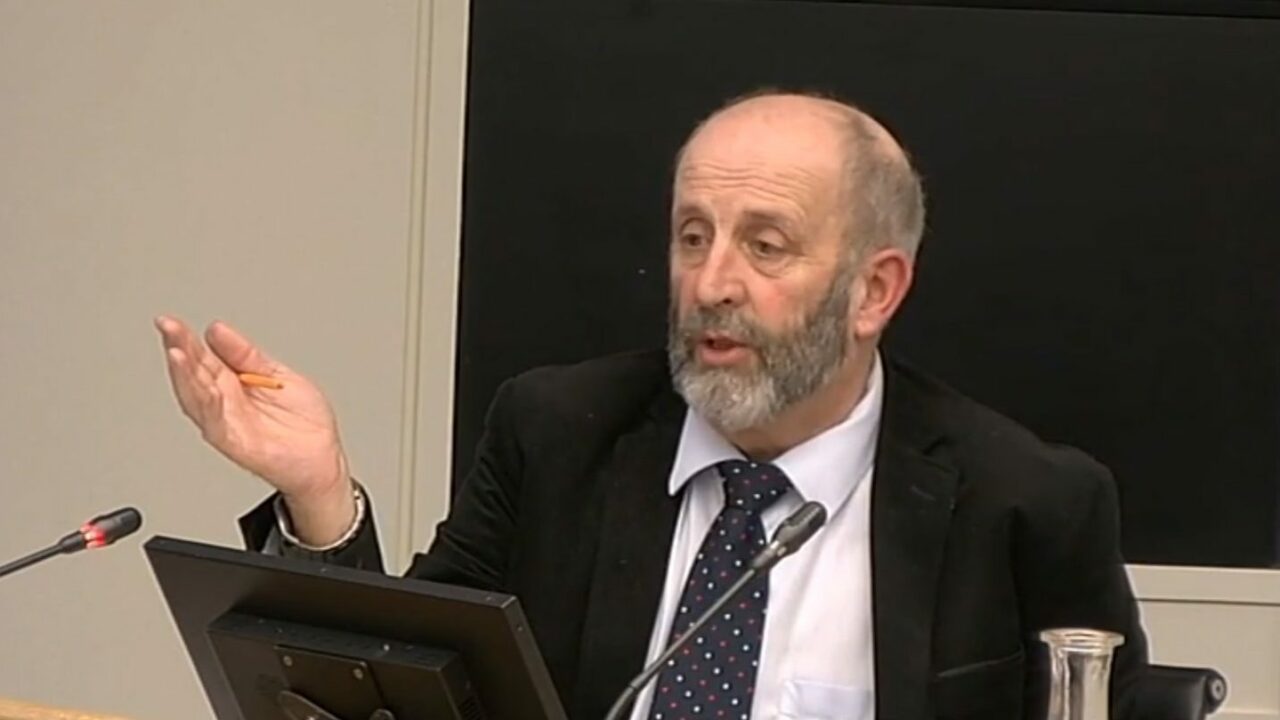During last night’s Dáil debate Independent TD, Danny Healy-Rae voiced his concerns for the rural areas of Ireland that will be affected by the proposal to rewet land.
During the discussion, the TD expressed his concerns that the land that will be most affected is farmed by those who “are working their hardest” and how “hurtful” it is for those farmers to now hear the land that was once drained is now being rewetted “in the name of biodiversity”.
The deputy added that the European Union Nature Restoration Law which proposes rewetting would “actually spell the end of their livelihoods”, if it goes through.
Scaremongering
The Taoiseach, Leo Varadkar, responded to Deputy Holly Cairns, when she voiced her view on the EU Nature Restoration saying that the Taoiseach has been “more eager to talk about the EU Nature Restoration Law but, sadly, not in a useful or constructive way, just scaremongering”.
In response to the deputy, the Taoiseach said he is not “going to engage in scaremongering” and that he is “just going to give the basic facts”.
The Taoiseach said: “We support an EU Nature Restoration Law. We think it is a good idea.
“It is about a lot more than rewetting. It is also about urban areas and increased biodiversity in urban and suburban areas.
“However, we are also very clear on this that we do not support imposing on Irish farmers rewetting obligations that are compulsory.”
Back-tracking on rewetting
Healy-Rae explained that farmers in the 1960s, the early 1970s and throughout the 1980s were encouraged to drain land in order to make it more productive, adding that farmers “were grant-aided to do that and they worked very hard to make their land productive”.
Deputy Healy-Rae stated that he was glad to hear the Taoiseach say that rewetting should be voluntary and that “farmers should be compensated if they decide to go for this scheme”.
However, the deputy added that he has a “problem with that”, because “if a farmer in the middle of a flat low-lying place decides that he wants to flood or rewet his place, he will probably rewet his neighbours on one side of him or on both sides”.
The Kerry TD found this to be “unfair because when you talk about rewetting, you are only talking about people on these low-lying lands. Then you have people in the Golden Vale with free-draining soil, and you have mountainy places which will not be affected at all”.
He mentioned the turnaround in farming practices and the good the Drainage Act had brought:
“In the 1940s and early 1950s, the Arterial Drainage Act 1945 helped people in places like north Kerry to drain almost 26,000ac of land, which is now highly productive land.
“The communities around there have enjoyed the spin-off from good farming practices over the years in the villages, the shops, the garages and the entire community.”
Custodians of the land
Deputy Healy-Rae continued: “The farming community are the custodians of the land. They are proud of their places.
“They want to better them and hand them on to the next generation in better shape than they got them. They do not need to be dictated to by An Taisce, BirdWatch Ireland or any of these people about how to run or operate their farms.
“They value biodiversity more than anyone else. However, to ask them to rewet their land is absolutely criminal.”
